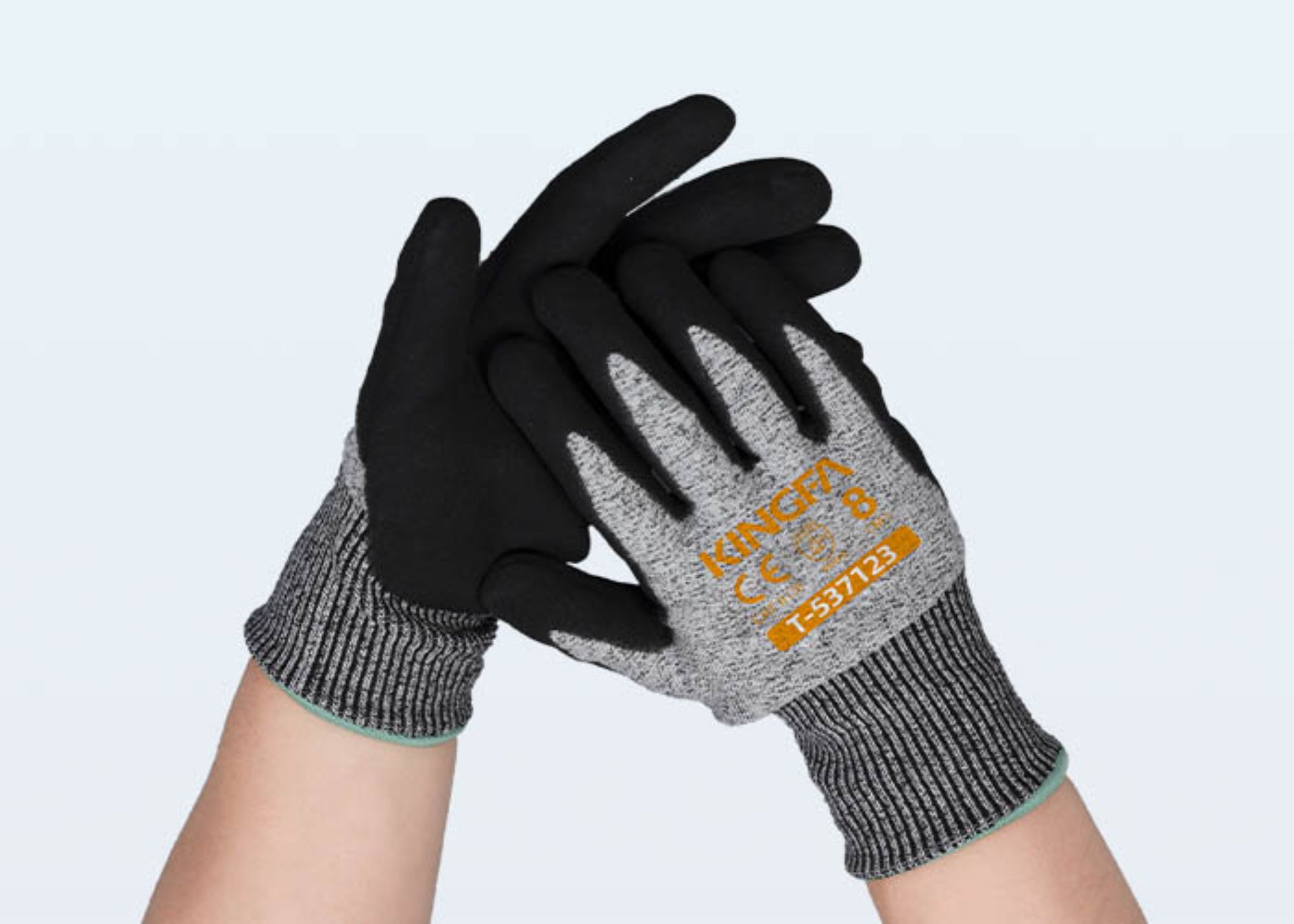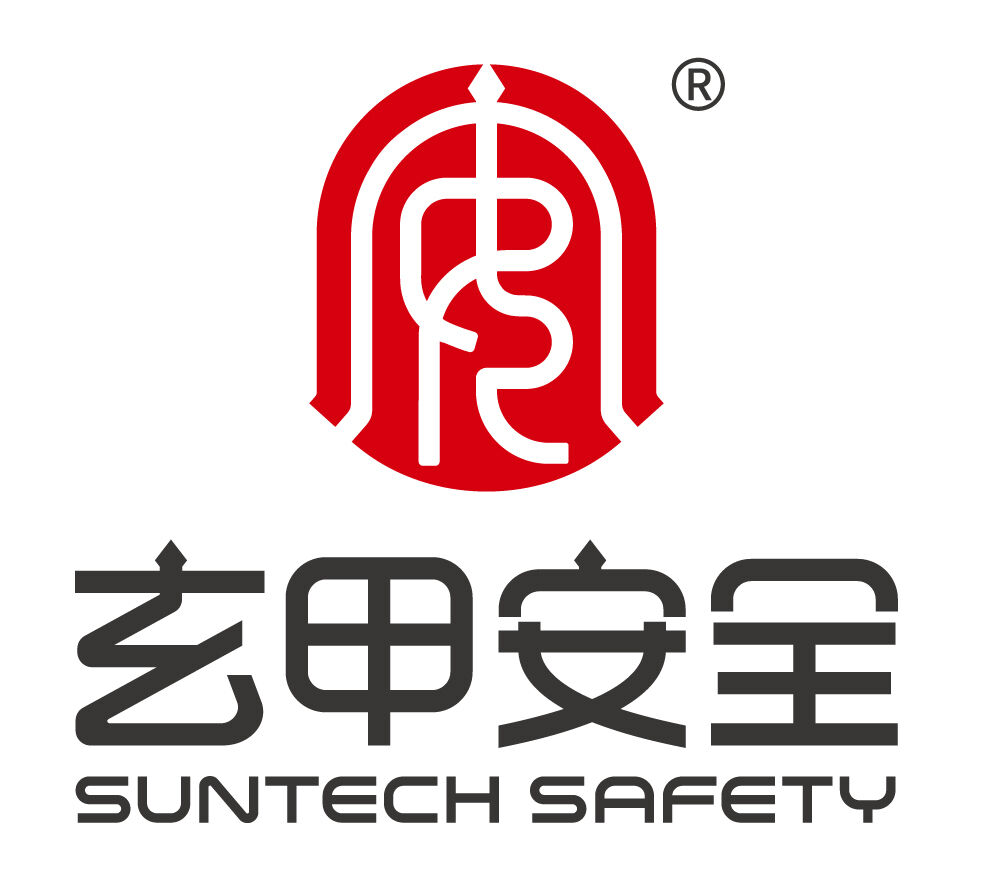Material Expertise and Custom Solutions
When you're sourcing chemical-resistant gloves, the material isn't just a detail—it's everything. Not all gloves are created equal. In sectors like oil, gas, and chemicals, a small flaw can lead to big problems. You need manufacturers who understand polymer science, not just sewing. At SUNTECH, we don’t just sell gloves; we engineer them. Customization is key because your workers face unique risks. Maybe it’s sulfuric acid in a refinery or solvents in transportation. Generic gloves won’t cut it. You want a partner who asks about your specific chemicals, exposure times, and dexterity needs. That’s how you avoid failures. I’ve seen gloves that looked tough but dissolved after 20 minutes in a mild alkali. Trust me, that’s a risk you don’t take. Always demand proof of material testing. Ask for compatibility charts. If a manufacturer can’t provide that, walk away. Eye Protection Protective Clothing
Production Standards and Quality Control
Quality isn’t a checkbox; it’s a culture. In the Philippines, many manufacturers offer low prices, but hidden costs lurk in poor quality. You need a maker with rigorous production standards. Think ISO certifications, but also beyond that. How do they test seam strength? Are batches consistently reliable? I remember a client who switched to a cheaper supplier—saved money upfront, then faced three chemical burns in a month. The gloves had weak spots you couldn’t even see. At our facilities, we run every batch through penetration tests and abrasion checks. It’s not just about meeting standards; it’s about exceeding them. Don’t just accept a certificate. Ask for quality reports. Visit the factory if you can. See if they use automated systems or rely on manual checks. That difference matters. Protective masks
Industry Experience and Real-World Application
Gloves might seem simple, but their performance is complex. You need a manufacturer who knows your industry inside out. For aviation or transportation, grip matters as much as chemical resistance. In emergencies, gloves can’t fail. At SUNTECH, we’ve worked with oil rigs where gloves are the last line of defense. That experience shapes our designs. We add features like extended cuffs or textured palms because we’ve seen accidents happen. Some manufacturers sell gloves without understanding how they’re used. I’ve watched workers remove gloves because they were too bulky, defeating the purpose. The best manufacturers test products in real scenarios. They talk to safety managers. They adapt. Look for a maker with stories, not just catalogs. If they can’t discuss specific industry challenges, they’re not the one. Footwear Hand & Arm Protection
Service and Support Beyond the Product
Great gloves are useless without great support. Your manufacturer should be a partner, not just a vendor. Do they help with training? Offer emergency replacements? Provide smart system integrations? We once had a chemical plant client whose storage room caught fire. They needed new gloves fast, and we delivered within hours. That’s commitment. Many suppliers disappear after the sale. You want one who answers calls at 2 AM. Also, check if they offer value-added services. Like glove usage analytics or maintenance tips. These things extend product life and save money. I’ve seen companies waste thousands replacing gloves too early because no one taught them proper care. A good manufacturer educates you. They care about your safety culture, not just their sales quota. Hearing Protection
Innovation and Future-Readiness
The world of safety gear is changing fast. Smart gloves with sensors, materials that resist new chemicals, designs that enhance comfort—innovation isn’t optional. Your manufacturer must invest in R&D. In the Philippines, some factories still use decade-old methods. That won’t protect against modern hazards. At SUNTECH, we’re always testing new polymers and tech. Like gloves that change color when exposed to certain acids. Or ones with better breathability for tropical climates. You need a maker who looks ahead, not just at today’s orders. Ask about their research projects. Do they adapt to new regulations quickly? Can they customize for emerging risks? I’ve worked in industries where a new solvent entered the market, and only proactive manufacturers had gloves ready. Don’t choose someone stuck in the past.


